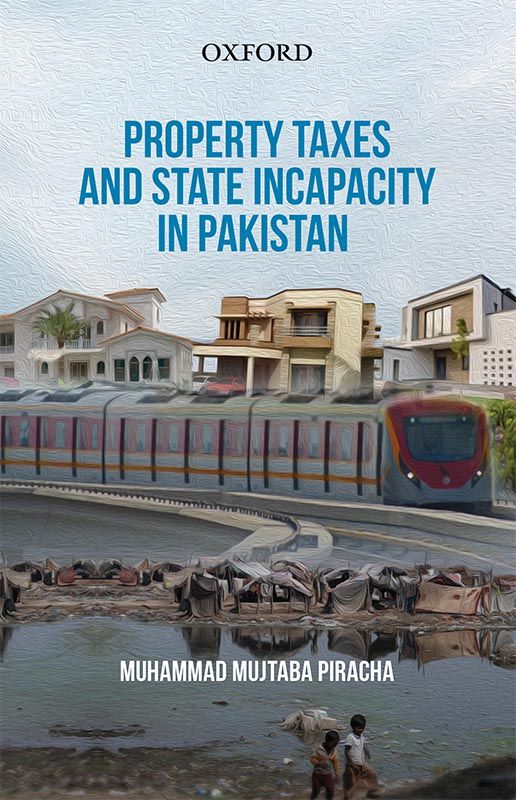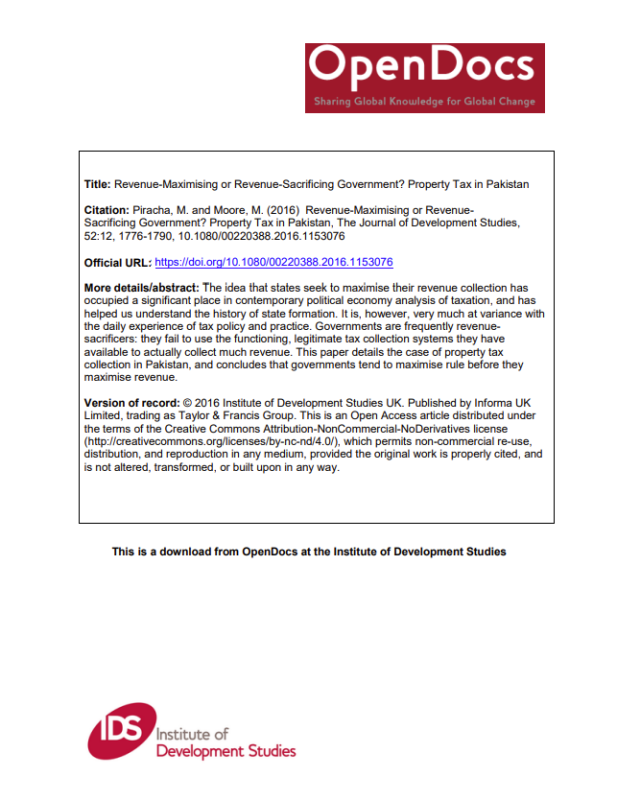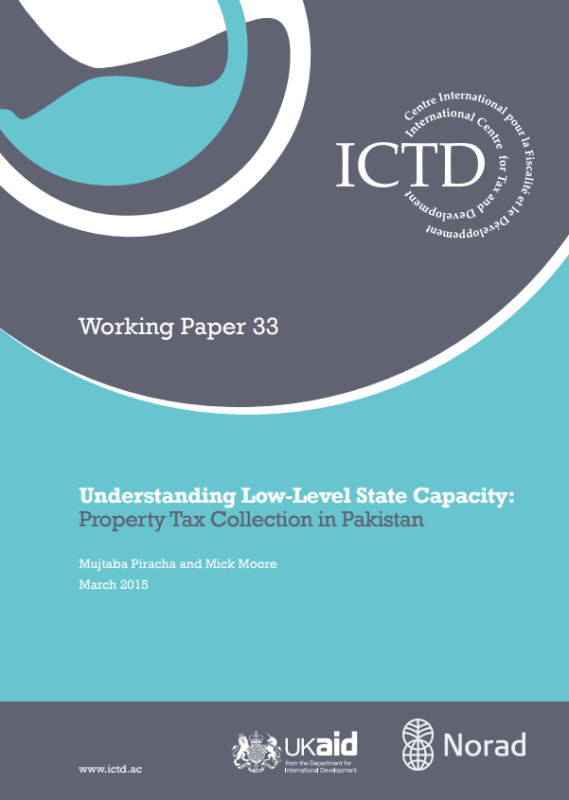In a collaborative effort, the Lahore University of Management Sciences (LUMS), the International Centre for Tax and Development (ICTD), and LoGRI are working with the Punjab government on a property tax reform project in Pakistan. This initiative has two main goals:
- Understanding Resistance to Progressive Property Taxes: Despite the benefits of progressive property taxes in reducing inequality, there is a lack of support among citizens and politicians. This project aims to identify the reasons behind this resistance and devise strategies to build wider acceptance.
- Technical Analysis for Fair Valuation: We are evaluating the current property valuation system and testing a “points based” approach to assess its effectiveness and fairness. Our aim is to improve the equity of property taxation.
Given the rapid urbanization in Punjab, and Lahore being a major urban center, the project’s context is crucial. Lahore’s property tax rate is significantly lower than global comparators, leading to low revenue generation and regressive taxation despite recent tax capacity improvements and digitization of property records.
The project involves an experimental study involving citizens, local politicians, and party workers to understand their support for progressive property taxation. This includes evaluating their understanding of tax policies and gauging the political elite’s responsiveness to public preferences. This collaboration aims to create a more inclusive and balanced approach to property taxation in Lahore, contributing to both policy and theoretical understanding of tax reforms in low-income countries.





